In 1945, Auschwitz-Birkenau, the largest Nazi concentration camp, was liberated. That day of liberation, January 27, was chosen by the United Nations General Assembly in 2005 to be an annual commemoration of the six million Jews – two-thirds of Europe’s Jewish population -- who were murdered during the Holocaust, alongside millions of people of other minorities killed under the Nazi regime.
Educating people about the Holocaust is a task several Lehigh alumni have taken on. They are the children or grandchildren of Holocaust survivors and victims. Below, in their own words, are their reasons for championing this important mission.
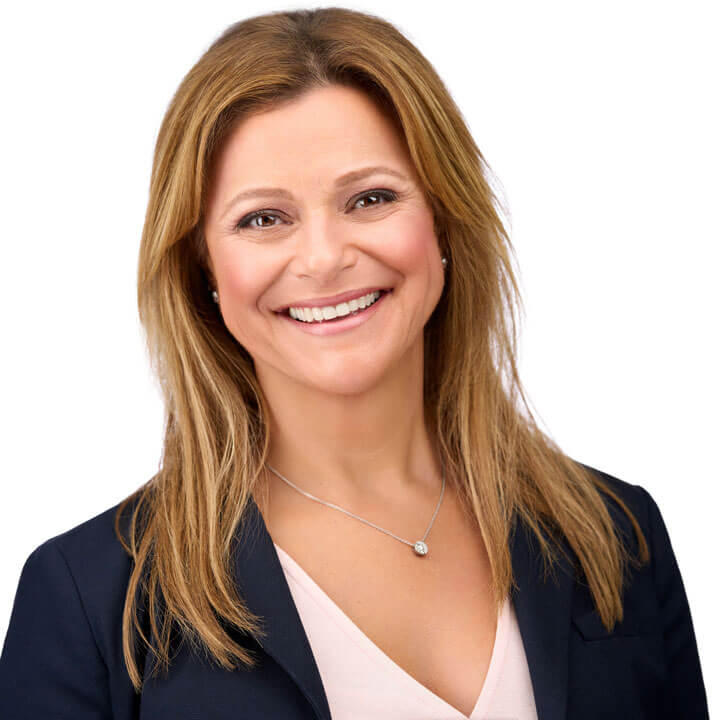
Ann Arnold ’91, B.S. Accounting
Founder, The Mark Schonwetter Holocaust Education Foundation
Chief Financial Officer, H. Arnold Wood Turning, Inc
Ann Arnold’s father, Mark Schonwetter, spent years as a very young boy hiding out from the Nazis in Poland with his mother and sister after his father was taken by the Gestapo and never returned home. He eventually made his way to America.
“I published my father’s story in a book called Together: A Journey for Survival, now being used in schools nationwide,” Arnold says. “My sister and I decided we wanted to create a foundation to help schools educate children about the Holocaust by giving them the funds necessary to bring in materials, speakers, and programming.
“It’s important to remember the Holocaust because history has a tendency to repeat itself. We must learn the lessons of yesterday in order to make a brighter and kinder tomorrow.”
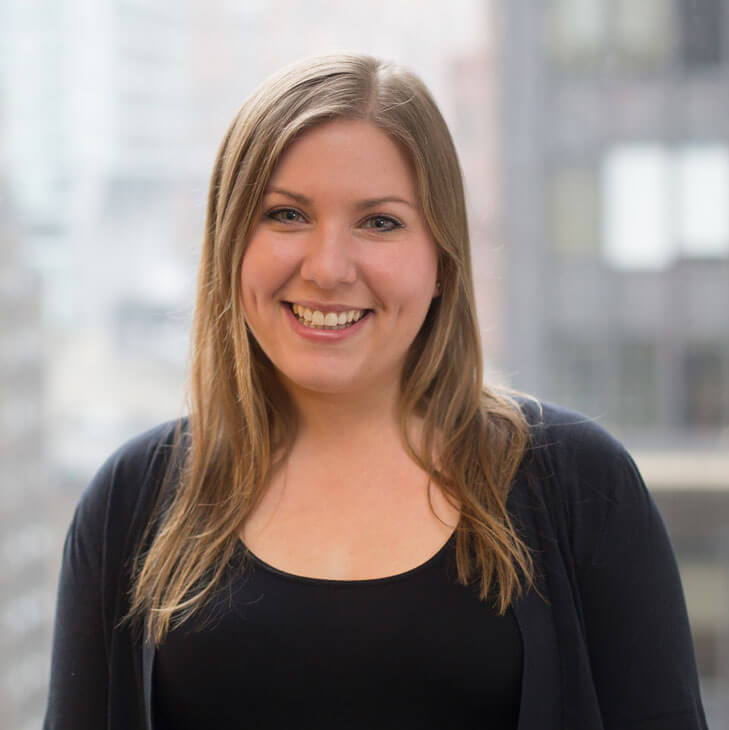
Ariel (Fried) Behrman ’07, B.A. Religion Studies
Director, Education Programs and Products, Anti-Defamation League
Ariel Behrman, whose maternal grandparents are both Holocaust survivors, works with the Anti-Defamation League in partnership with schools, organizations, and communities to design and deliver anti-bias education.
“A recent survey of college students showed that those who received Holocaust education in high school show a greater willingness to challenge intolerant behavior in others. Education is a key tool in supporting an understanding of antisemitism – it can help people be advocates and allies in their schools and communities,” Behrman says.
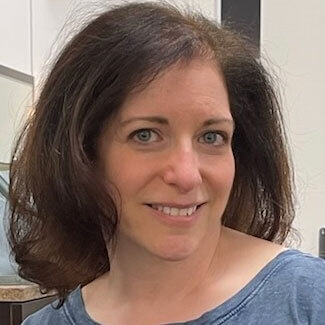
Maura Kugelman ’95, B.A. English
Gallery Educator, The Museum of Jewish Heritage – A Living Memorial to the Holocaust
Recruitment Manager, New York City Department of Buildings
“As the survivors are growing older and passing away, I feel I have a responsibility to continue to tell their stories.”
Maura Kugelman’s maternal grandparents emigrated to the U.S. in the 1920s, but their siblings who remained in Europe were lost. “This means there are several great-aunts, great-uncles, and cousins that I never had an opportunity to meet because of the Holocaust.” The museum where she volunteers is committed to the mission of educating diverse visitors about Jewish life before, during, and after the Holocaust.
“The lessons we learn from history are critical in avoiding atrocities in the future,” Kugelman says. “As the title of one of our tours, The Holocaust: What Hate Can Do, suggests, even a miniscule hatred can grow into something dramatic and devastating. Standing up for what you believe in, learning to give your voice to protect others when they cannot do it themselves, is important. As the survivors are growing older and passing away, I feel I have a responsibility to continue to tell their stories.”
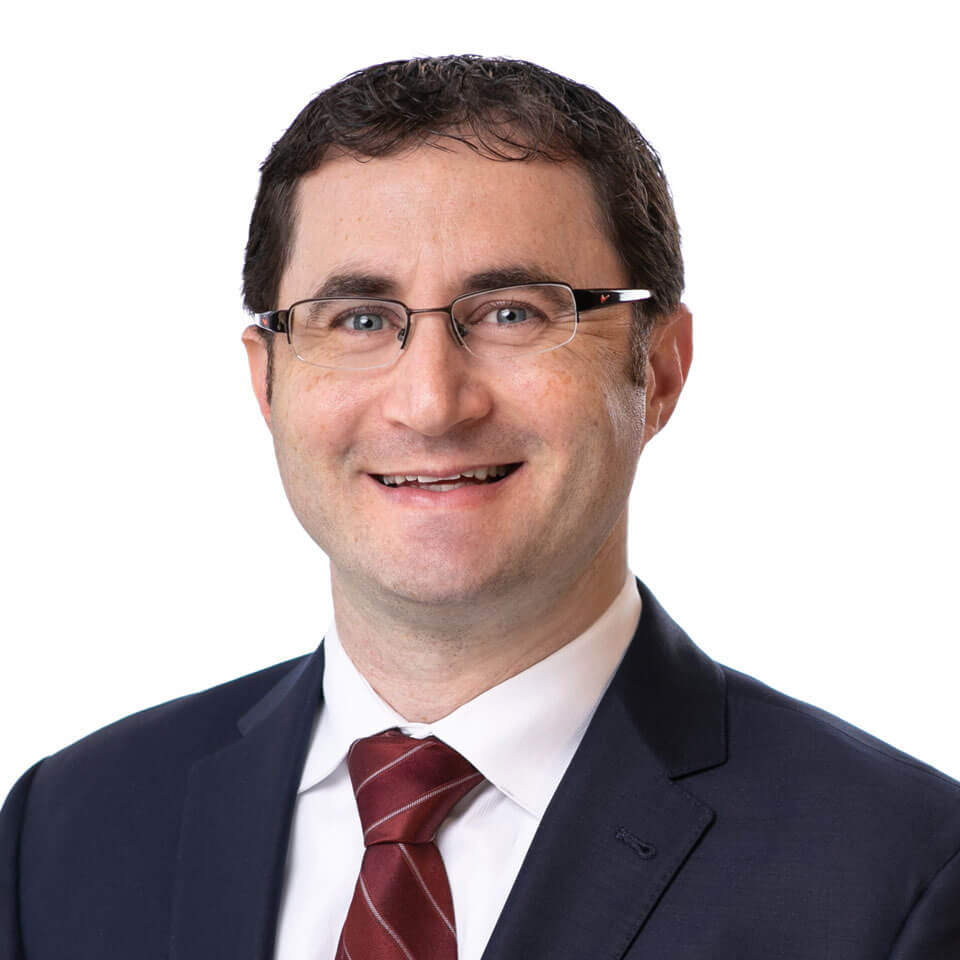
David Wachs ’02, B.S. Information Systems
President, 3GNY
Director, Information Technology, Waterfall Asset Management
David Wachs’ paternal grandparents survived the Holocaust. He is now president of 3GNY (Third Generation New York), an educational nonprofit organization founded by grandchildren of Holocaust survivors on a mission to educate about the dangers of intolerance and to support the descendants of survivors.
“Our generation is the last living link to survivors,” Wachs says. “You can read about the Holocaust in a book, but that doesn’t make it real to you. Hearing stories directly from someone – that can be very real. We use these stories about our families to make sure young people see the human face of the Holocaust, so they understand how not to promote hate. We’re trying to make a difference, to promote tolerance for all.”
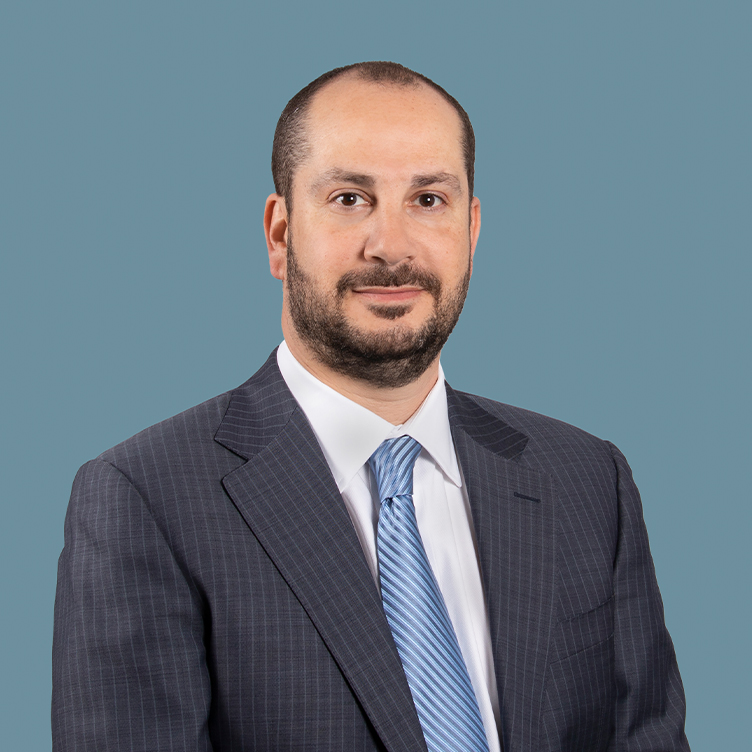
Spencer Yablon ’99, B.A. Psychology
Emeritus Board Member, Philadelphia Holocaust Remembrance Foundation
Senior Vice President, CBRE
The Philadelphia Holocaust Remembrance Foundation (PHRF), of which Spencer Yablon is an emeritus board member, is dedicated to Holocaust education and the preservation of a towering bronze sculpture, Monument to Six Million Jewish Martyrs, presented to the City of Philadelphia in 1964 by a group of Holocaust survivors. Yablon’s own great-great grandparents on both his mother’s and father’s sides were all victims of the Holocaust, and his grandfather is a WWII combat veteran.
Yablon is involved with the PHRF because “younger generations may never meet a Holocaust survivor, so we need to ensure that they visit the museums, see the horrible pictures, learn the history. The same dangerous undertones of hate that existed during the Holocaust are prevalent in our society now. No one is born hateful – hate and bigotry are taught and passed from one generation to the next. We need to teach the painful lessons of the Holocaust to ensure that something like it can never occur again.”
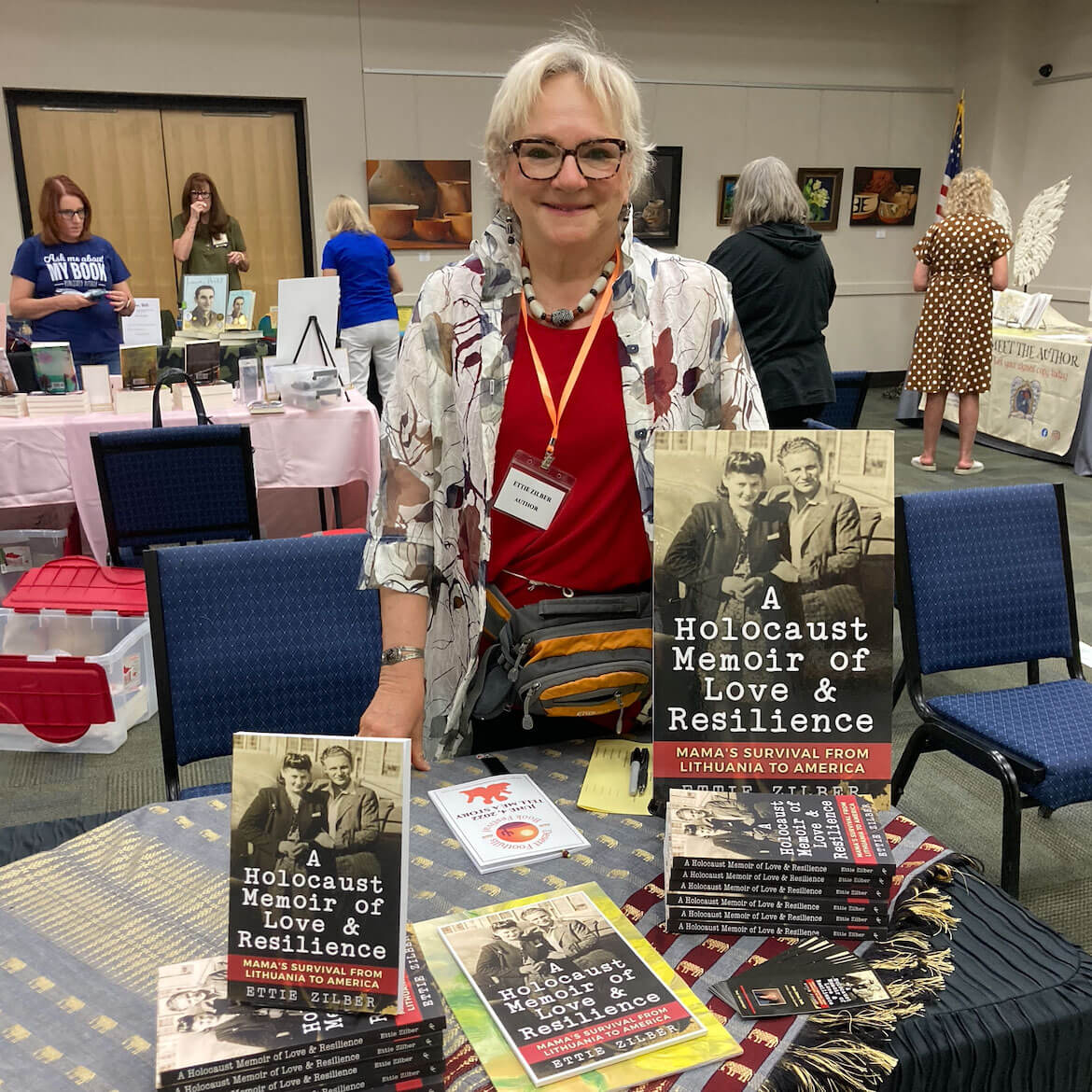
Ettie Zilber ’05G Ed.D. Educational Leadership
Board Member, Phoenix Holocaust Association
Ettie Zilber, a former international school leader and educator, is the author of A Holocaust Memoir of Love and Resilience: Mama’s Survival from Lithuania to America. Zilber uses her skills as a teacher, storyteller, and public speaker to bring Jewish experiences – both during the Holocaust and postwar – to life. She addresses communities of all ages and in many countries, including Germany and Lithuania.
“The most important thing in teaching audiences about the dangers of the Holocaust is not only, ‘Oh, these poor people were murdered, and that was really bad.’ It’s helping them understand how people were convinced that this was the right thing to do,” Zilber says.
“Most kids (and many adults) are not aware that Germany was a democracy and Hitler was democratically elected. They need to understand how fragile a democracy really is, that they went from a democracy to a fascist state in literally six months. They must become aware so that it is not repeated. I try to help audiences make an emotional connection to this history -- that's why telling personal stories about ordinary families is so important. That’s why I do what I do.”